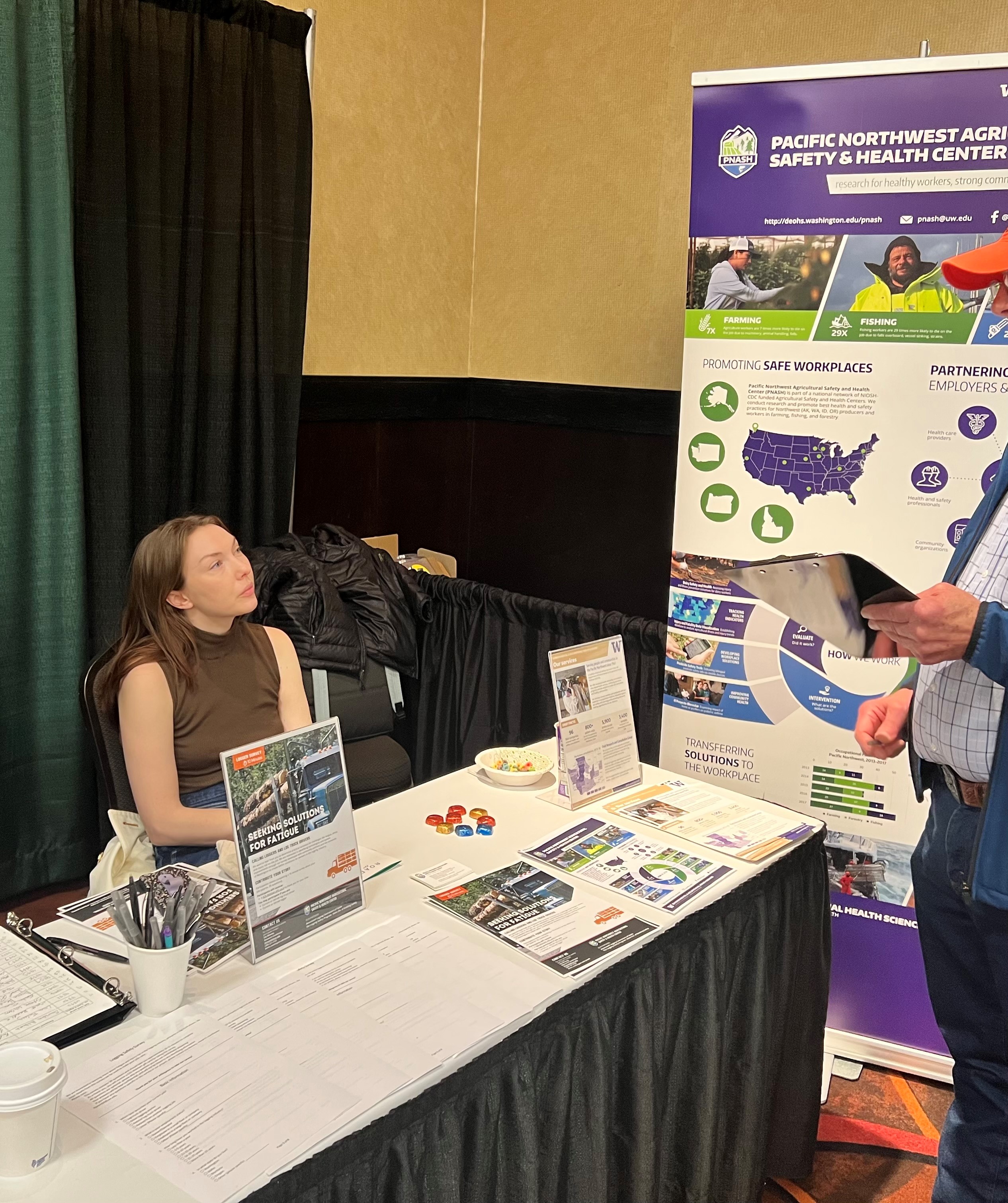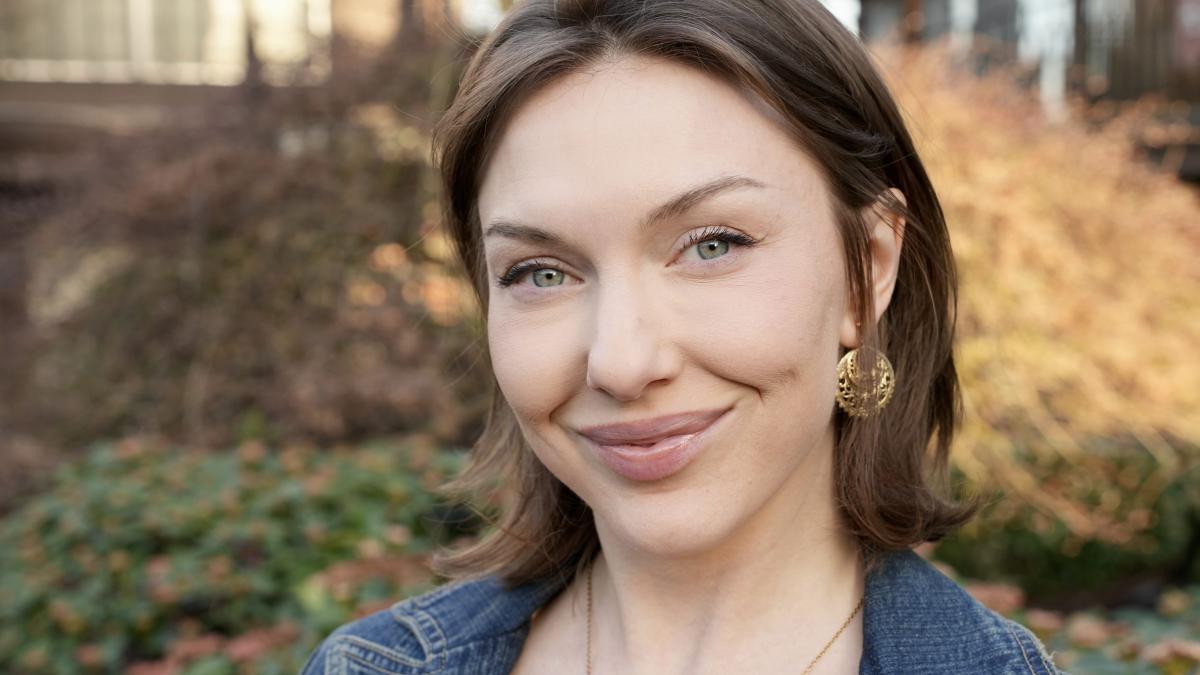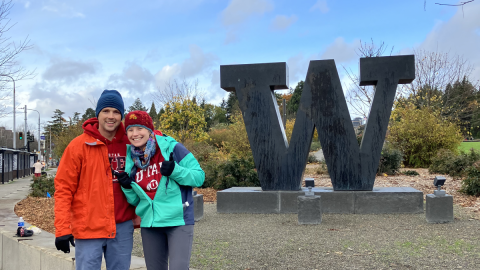A gift from the Seattle branch of the American Association of University Women (AAUW) will support graduate student research within the Department of Environmental and Occupational Health Sciences.
The organization donated $10,000 to the department’s student support fund in the wake of federal funding cuts. “We view this as a pilot project and hope that we can continue this collaboration in the future,” said Marianne North, AAUW Seattle Branch liaison for the University of Washington.
Faculty members selected PhD student Ally Clonch as the recipient of the gift.
“I’m so grateful,” Clonch said. “It’s reassuring to know that people still value the work that’s being done in our department and want to see PhD students — especially PhD students who are women — be supported across the finish line.”
News reports of funding changes
North said the gift was inspired by news, reported in The Seattle Times, that Associate Professor Elena Austin’s research project on air quality in schools had been terminated by the U.S. Environmental Protection Agency only four months and $866 away from completion.
“I reached out to Dr. Austin and asked how AAUW Seattle Branch might help. She indicated that the greatest need was to help graduate research students who had lost their funding,” North said.
Clonch was just such a student. As she entered the final year of her work toward a doctoral degree, funding for her dissertation topic became uncertain. Clonch’s area of interest is the health and safety of women in the maritime industry.
The AAUW gift allowed her work to continue this summer.
Analysis of national databases
Mentored by Associate Professor Marissa Baker, Clonch has spent the summer analyzing two massive national databases — the National Health Interview Survey and the American Community Survey.

“I'm running a few different models, looking at how occupational sex segregation, or occupational sex composition, affects measures of self-reported discrimination and vigilance,” she said. Vigilance refers to heightened awareness of potential discrimination or harassment.
“Essentially, we’re interested in seeing what characteristics and variables impact discrimination and vigilance.”
Already, she’s uncovered interesting preliminary trends, including a correlation between an occupation having a higher percentage of female workers and lower discrimination scores among workers in that occupation.
She also had a maritime mental health and well-being survey open this summer, to characterize mental health, well-being, job satisfaction and experiences aboard vessels among U.S.-based mariners. The survey will allow her to look at differences between male and female mariners, in addition to differences by maritime sector and other factors.
“This funding from AAUW has allowed Ally to continue to make progress on her doctoral dissertation, even as outside funding for this type of work became uncertain,” Baker said.
Women's issues in the workplace
For Clonch, as someone interested in women’s issues in the workplace, it’s especially meaningful to have support from an organization dedicated to uplifting women in higher education.
“I'm very passionate about women's place anywhere, whether that be in the academy, or on ships, or any workplace. Spaces aren't always designed for us,” she said.
This gift is one of several furnished by the Weter Fund, which is managed by the AAUW Seattle Branch. As a major part of its strategic plan, the national AAUW organization is expanding pathways to higher education by investing directly in women — especially in underserved communities and in underrepresented fields like STEM — through fellowships, grants and leadership development.
For more information on supporting students in DEOHS, please contact our Public Health Advancement team at sphadv@uw.edu.




